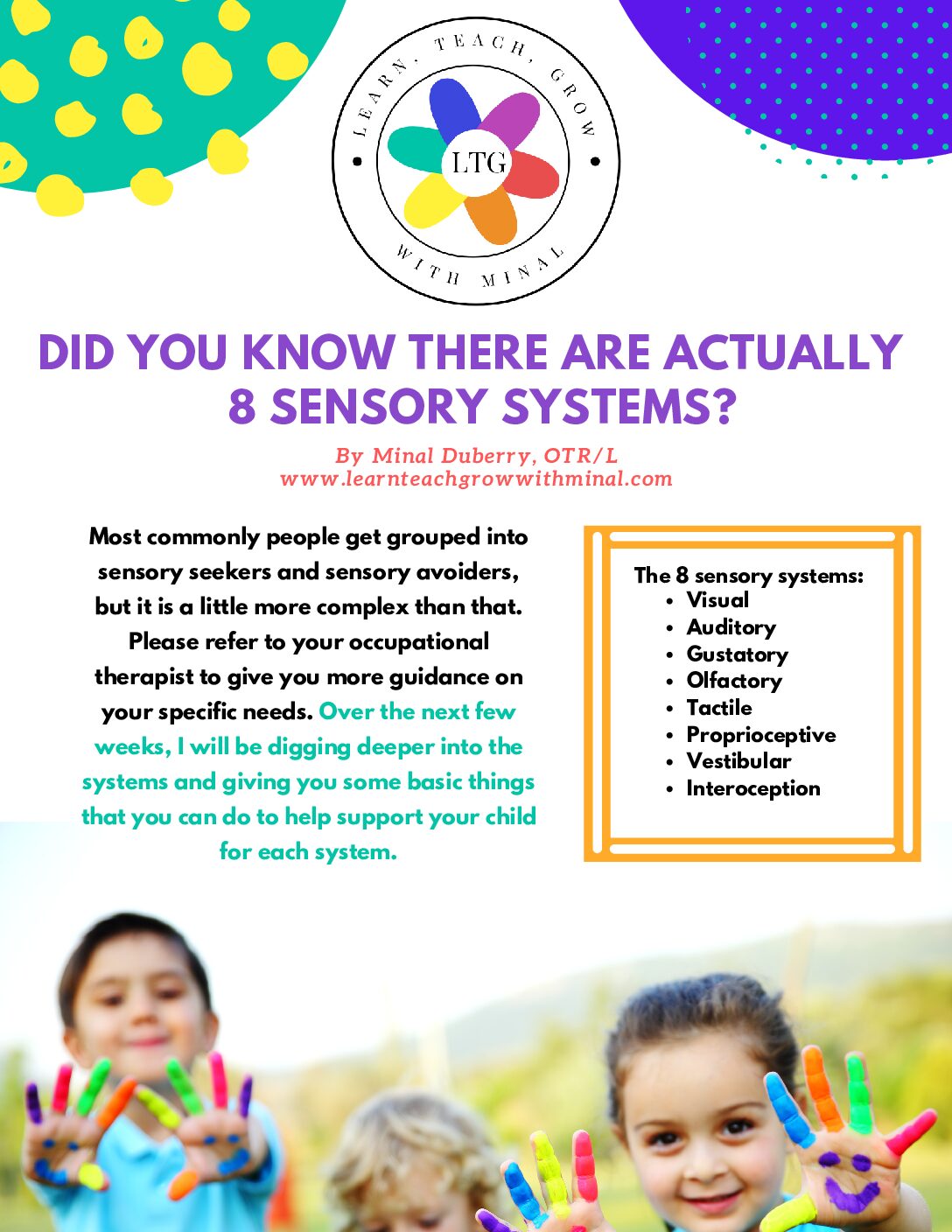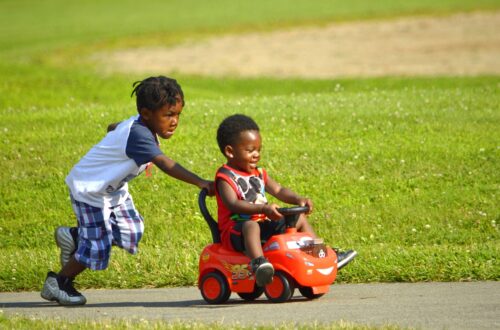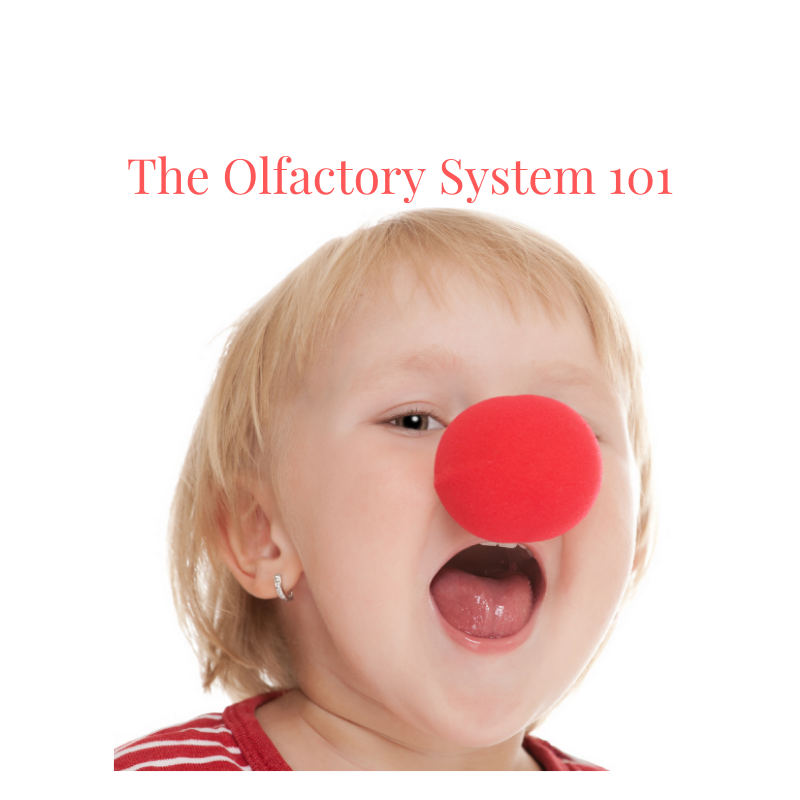
The Olfactory System 101
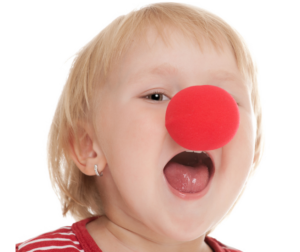
Our next sensory system in this series is the Olfactory System. This system is responsible for our sense of smell. The olfactory system is responsible for filtering smell and alerting us to dangerous smells. I t is one of the oldest sensory systems as it helped to alert our ancestors of danger with predators, food, taste, and mating. It acts as a gate keeper for the foods we eat. Our sense of smell is actually responsible for 80% of what we taste. That is why when you have a cold and can’t smell, food tastes bland. Many children use their sense of smell as their main gate keeper to trying new foods. So if you have a picky eater, it may actually be related to the smell of the food and how familiar it smells, not necessarily only the taste. No wonder so many kids with sensory processing issues avoid vegetables!!
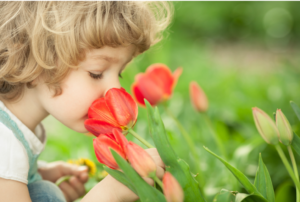
Dysfunction can present itself in a child being overly sensitive to smell. Some children will gag at smells or aroma of food. What smells good to you may be very overwhelming for a child whose olfactory system is working overtime. It is also a system that we can’t shut down. Unless you hold your nose or mouth breath you will smell. Some other children will smell things before eating or touching them instead of using their mouth to try something- they will hold it up to their nose first. Some other children enjoying toxic smells, such as the smell or rubber or gasoline, or are attracted to strong scented things, such as candles, candy, or spicy foods.
It is important to try to observe your child when they are playing or eating to see if they use their nose as their main gate keeper. Do you see them smelling the playdough before touching it or smelling the puzzle pieces before engaging with them. Doing this once in a while is typical, but all the time can be concerning. These are all clues that can indicate that either they are either relying on their olfactory system or using to avoid things. Please keep a little note of what you are seeing so that if you have some concerns you can relate specific situations to your pediatrician and/or your local OT.
Here are some simple activities that you can do to help support and strengthen the Olfactory System:
1. Use scented playdough or scented bubbles- it is amazing how essential oils or fruity scents can make these activities more interesting and tolerable for kids.
2. Reduce scented lotions, soaps, or detergents if sensitive to scents – I had stopped using personal care products with artificial scents for over decade and it is pretty amazing of how sensitive my nose has become to scented lotions, soaps or perfumes. I strictly avoid any of these things when working with my families.
3. Use of essential oils in diffuser or mixed with a carrier oil for use on pulse points to help with focus and calming- Lemon oil, peppermint oil, and others can be fantastic for alerting the system, while lavender can be quite calming. Essential oils are a very powerful tool and should be used with care.
4. Games using empty spice bottles or essential oil scented cotton balls in smelling jars- the bottles of spice still hold the scent- think mint, basil, rosemary, cinnamon, lemon.
5.Engaging in play with herbs or helping with or visiting an herb garden
6, Using scented markers, stickers, or paint.- remember the scented markers or scratch and sniff stickers- these are great!
Grab this week’s freebie to add to your sensory booklet here! Leave your comments below!!



